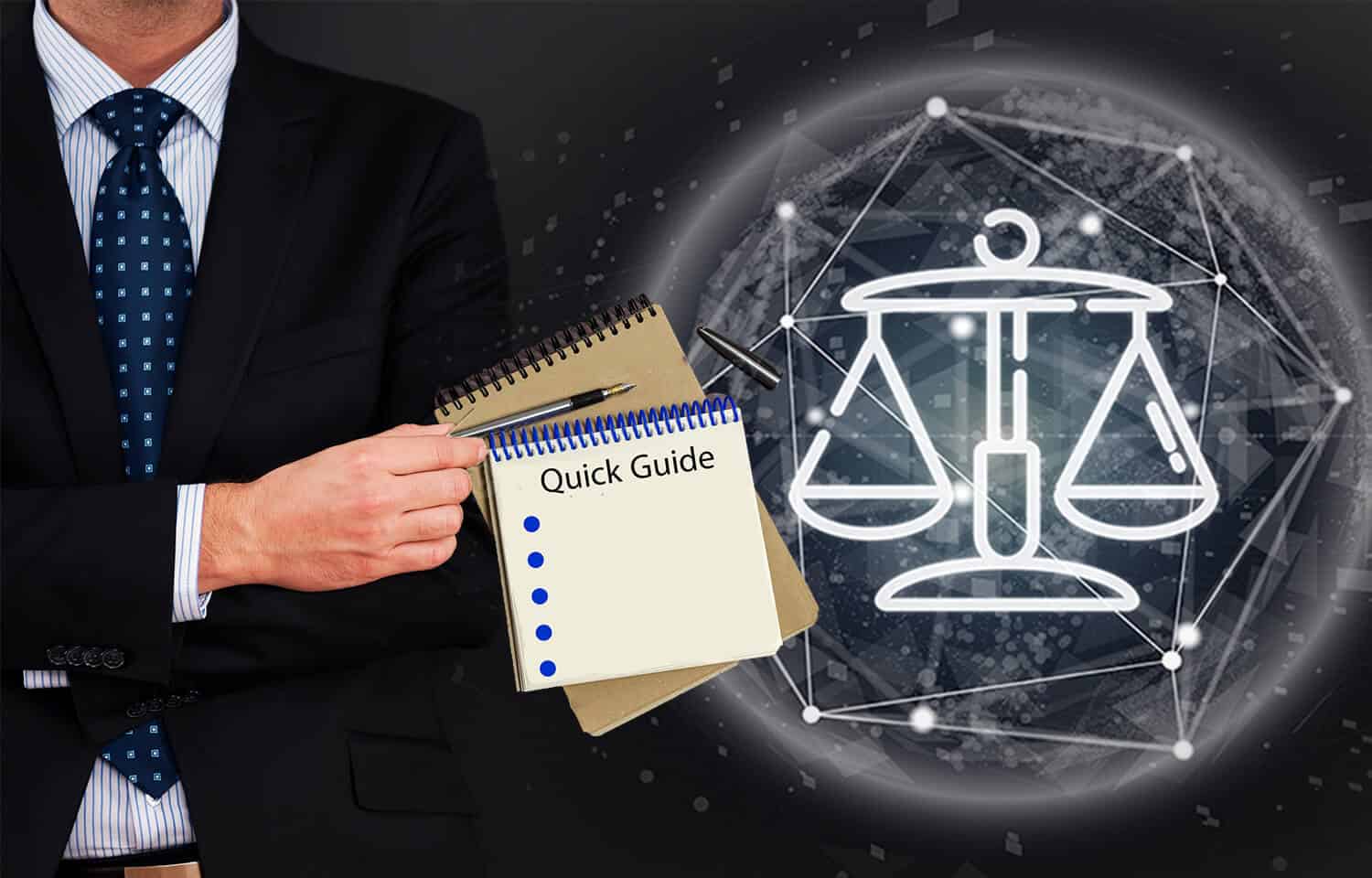A Quick Guide on How to Select the Best Legal Translation Company

When it comes to translating legal documents, it’s imperative that you find a qualified legal translator or legal translation company.
There are a few problems or rather challenges that are specific to legal translation over other types or forms of translation.
Keep reading to discover the top legal translation challenges and how to select the best legal translation company for your needs.
Legal translation challenges
First, let’s explore the challenges that arise when a person or company wants to translate a legal document.
It’s worth mentioning that because of these challenges, legal translation costs are considerably higher than other forms of translation.
1) Types of legal documents
There are several types of legal documents that you may be confronted with. Legal documents can vary from contracts, court orders, wills, legal settlements, power of attorney, deeds, and marriage/divorce certificates, among other documents.
Contracts are their own beast because there are:
– Hiring contracts (local and international; full-time, part-time, freelance contracts)
– Business and partnership contracts
– Sponsorship contracts (whether for events or people)
Among other types of contracts.
2) Level of accuracy
Legal translation is a field where accuracy is of the highest regard. Any mistranslation can result in bigger legal problems, the loss of profits for a company, or it could even result in someone going to prison.
3) Need for certification
Another major challenge for legal translation is that many types of legal documents need to get certified translations.
It’s easier for companies to get certified. The same cannot be said for translators and freelancers, who are subject to certain requirements. It can be really hard to get a certification as a translator.
Many legal documents like court orders, official documents, and others require a stamp of certification.
4) Complex legal jargon
Every form of translation comes with terminology and jargon.
But legal jargon is the hardest. It’s also always coupled with long and complex sentence structures, making it hard for the average person – or even average translator – to understand, let alone render it to another language.
When do you need a legal translation agency?
As someone who needs a legal document translated, you need to see whether you want to hire a freelance legal translator, hire a full-time legal translator, or work with a legal translation company.
1) Project size
The size of the project may be the reason you decide to work with a freelance legal translator or translation company. The larger the project, the more likely you’ll need to work with a translation agency.
2) Delivery date
When is the project due? This is another determining factor when it comes to deciding whether to go for an agency or a freelancer.
The shorter the delivery timeline, the more likely you are to turn to a translation company like TranslationPartner.
Similarly, the longer the project and the shorter the deadline, the more likely you’ll need a translation firm.
3) Certified translation
This is probably the biggest reason to consider choosing a language service provider. Getting certified as an individual translator is nearly impossible in some countries. But it’s easier for companies to do so.
It’s worth mentioning that being easier for companies doesn’t mean that they can provide poor quality and get certified. It means they go through a rigorous audit to prove they qualify for the certification they may or may not receive.
How to select the best legal translation company
If you’ve decided you want to work with a legal translation agency, here’s how to find the one that best meets your needs.
– Conduct your research
The first step is to research translation companies, see if they’re certified or not, and if they even offer legal translation as a service.
– Review the testimonials
Once you’ve researched and written down a few company names, it’s time to review their client testimonials.
What have other clients, like you, said about working with each of these translation companies?
Take an extra step and ask these companies about their experience. It ensures that the translation firm isn’t fabricating testimonials.
– Ask about their confidentiality policy
With legal translation, it’s essential that the person – or company – you’re working with maintains confidentiality.
Some contracts and partnership agreements can result in millions in profits – or losses if the contents don’t remain confidential.
So, when selecting a legal translation agency be sure to ask about their confidentiality policy.
– Ask about their legal knowledge
Last but certainly not least, ask about the company’s familiarity with the legal laws and regulations of the target country and target language.
Wrapping it up
When deciding who you want to translate your legal documents to, it’s important you look at their qualifications. Be they an individual legal translator or a legal translation company.
It’s also important that they’re a good fit for you. Hiring a person who is hard to deal with and doesn’t commit to deadlines is a costly headache. The same applies to companies.
When in doubt, ask about referrals. Other individuals and businesses who have had to translate legal texts can point you in the right direction or tell you which companies or people to avoid.
With companies, you get the added benefit of faster turnaround times, especially with larger projects, because they have teams of legal translators.
They also work with freelancers from various countries around the globe, allowing them to offer multiple languages.
Looking for legal translation services? Need help translating one or more legal documents? Get in touch with TranslationPartner, a certified legal translation company.
